"Serbia cooperates, Šešelj trial should be stepped up"
Serbia "has shown that it is fully committed to finding the truth about the crimes committed during the conflicts in the former Yugoslavia."
Friday, 06.12.2013.
14:15

NEW YORK Serbia "has shown that it is fully committed to finding the truth about the crimes committed during the conflicts in the former Yugoslavia." It is also committed to helping bring those responsible, regardless of their nationality, to justice, Milan Milanovic, Serbia's ambassador to the UN, said at a UN Security Council (UNSC) meeting late on Thursday CET. "Serbia cooperates, Seselj trial should be stepped up" Addressing the ambassadors of the UNSC member states, Milanovic said that Serbia's commitment to fully cooperating with the International Criminal Tribunal for the former Yugoslavia (ICTY) has been confirmed in both the latest and earlier reports by the ICTY president and chief prosecutor to the UNSC. All assistance requests are being met in time, court orders are being implemented and talks with the witnesses are conducted without delays or difficulty, Milanovic said. Milanovic said that Serbia delivered its last ICTY fugitive in July 2011, responded to the greatest part of the 3,350 trial chambers' and prosecutors' requests, and requests by defense teams concerning delivery of documents. He also said that a total of 410 individuals have been accused of serious crimes against international humanitarian law. Milanovic stressed that the ICTY trial against Serb Radical Party (SRS) leader Vojislav Seselj, who has spent 11 years in the UN detention unit in Scheveningen without a verdict being reached, was a gross violation of fundamental human rights and civil values. "The length of his detention is a violation of provisions in the International Covenant on Civil and Political Rights and the European Convention on Human Rights, Milanovic said. The two documents are there to guarantee a fair trial within a reasonable time frame, and the 11 years in question can hardly be viewed as a reasonable time frame," he added. To keep a man imprisoned without a verdict for so long is a violation of the right to the presumption of innocence, Serbia's permanent representative to the UN said. "We truly believe that the trial is damaging the reputation of The Hague-based tribunal and that measures need to be taken to end the formal hold-ups in the case against Seselj," said Milanovic. Milanovic also pointed to the importance of allowing ICTY inmates to serve their sentences in their native countries on the former Yugoslavia territory. He added that the aim of this request is to help the convicts to resocialize, which is difficult to achieve in the remote states where they serve their sentences while not speaking the languages of the countries and rarely receiving visits by their families. (Beta/AP, file) "Helpers must be punished" Chief Prosecutor of the International Criminal Tribunal for the former Yugoslavia (ICTY) Serge Brammertz reported to the UN Security Council that Serbia fully cooperates with ICTY, but that it needs to investigate and prosecute those who helped the fugitives in hiding. Serbia continues to play an important role in the successful completion of ICTY's work, Brammertz told the ambassadors of UN Security Council member states late on Thursday. He added that during his recent visit to Belgrade, Serbian government officials assured him that the cooperation will continue. Serbia has demonstrated diligence in the processing of ICTY's demands for assistance and allowed easier access to witnesses and their appearance before the court, said Brammertz. He emphasized that at this point, after the arrest of the last fugitives General Ratko Mladic and Goran Hadzic, it is essential for Serbia to provide full information on how they managed to avoid justice for so long, and to investigate and prosecute all their helpers. President of The Hague Tribunal Theodor Meron said that the first instance trial of the former President of Republika Srpska Radovan Karadzic should be completed in October 2015, and of Hadzic by the end of the same year. The Mladic trial could last until the end of 2016, said Meron, but was unable to say when the verdict is expected in the case against Vojislav Seselj, who has been detained at The Hague without a verdict for the full 11 years. Presenting the ICTY progress report for the period from August 1, 2012 to July 31 2013, Meron noted that over the past two decades the Tribunal has launched criminal proceedings against 161 persons and helped the national judiciaries in the Balkans to conduct trials by themselves. He added that last week he took part in a conference in Bosnia-Herzegovina where the importance of the ICTY was confirmed once again. The international community must now help the nations make peace with each other, and provide assistance to victims of the war in the former Yugoslavia, said Meron. Tanjug
"Serbia cooperates, Šešelj trial should be stepped up"
Addressing the ambassadors of the UNSC member states, Milanović said that Serbia's commitment to fully cooperating with the International Criminal Tribunal for the former Yugoslavia (ICTY) has been confirmed in both the latest and earlier reports by the ICTY president and chief prosecutor to the UNSC.All assistance requests are being met in time, court orders are being implemented and talks with the witnesses are conducted without delays or difficulty, Milanović said.
Milanović said that Serbia delivered its last ICTY fugitive in July 2011, responded to the greatest part of the 3,350 trial chambers' and prosecutors' requests, and requests by defense teams concerning delivery of documents.
He also said that a total of 410 individuals have been accused of serious crimes against international humanitarian law.
Milanović stressed that the ICTY trial against Serb Radical Party (SRS) leader Vojislav Šešelj, who has spent 11 years in the UN detention unit in Scheveningen without a verdict being reached, was a gross violation of fundamental human rights and civil values.
"The length of his detention is a violation of provisions in the International Covenant on Civil and Political Rights and the European Convention on Human Rights, Milanović said. The two documents are there to guarantee a fair trial within a reasonable time frame, and the 11 years in question can hardly be viewed as a reasonable time frame," he added.
To keep a man imprisoned without a verdict for so long is a violation of the right to the presumption of innocence, Serbia's permanent representative to the UN said.
"We truly believe that the trial is damaging the reputation of The Hague-based tribunal and that measures need to be taken to end the formal hold-ups in the case against Šešelj," said Milanović.
Milanović also pointed to the importance of allowing ICTY inmates to serve their sentences in their native countries on the former Yugoslavia territory.
He added that the aim of this request is to help the convicts to resocialize, which is difficult to achieve in the remote states where they serve their sentences while not speaking the languages of the countries and rarely receiving visits by their families.
"Helpers must be punished"
Chief Prosecutor of the International Criminal Tribunal for the former Yugoslavia (ICTY) Serge Brammertz reported to the UN Security Council that Serbia fully cooperates with ICTY, but that it needs to investigate and prosecute those who helped the fugitives in hiding.Serbia continues to play an important role in the successful completion of ICTY's work, Brammertz told the ambassadors of UN Security Council member states late on Thursday.
He added that during his recent visit to Belgrade, Serbian government officials assured him that the cooperation will continue.
Serbia has demonstrated diligence in the processing of ICTY's demands for assistance and allowed easier access to witnesses and their appearance before the court, said Brammertz.
He emphasized that at this point, after the arrest of the last fugitives General Ratko Mladić and Goran Hadžić, it is essential for Serbia to provide full information on how they managed to avoid justice for so long, and to investigate and prosecute all their helpers.
President of The Hague Tribunal Theodor Meron said that the first instance trial of the former President of Republika Srpska Radovan Karadžić should be completed in October 2015, and of Hadžić by the end of the same year.
The Mladić trial could last until the end of 2016, said Meron, but was unable to say when the verdict is expected in the case against Vojislav Šešelj, who has been detained at The Hague without a verdict for the full 11 years.
Presenting the ICTY progress report for the period from August 1, 2012 to July 31 2013, Meron noted that over the past two decades the Tribunal has launched criminal proceedings against 161 persons and helped the national judiciaries in the Balkans to conduct trials by themselves.
He added that last week he took part in a conference in Bosnia-Herzegovina where the importance of the ICTY was confirmed once again.
The international community must now help the nations make peace with each other, and provide assistance to victims of the war in the former Yugoslavia, said Meron.













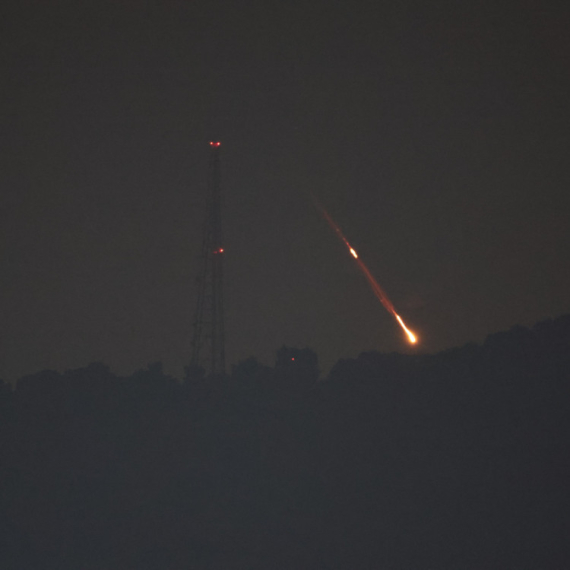


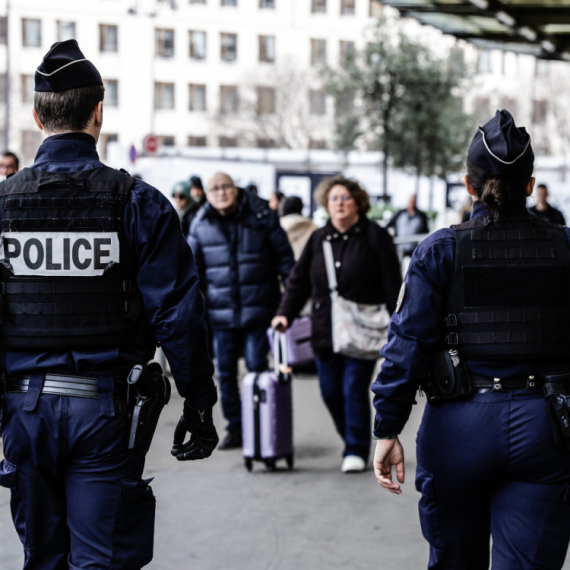
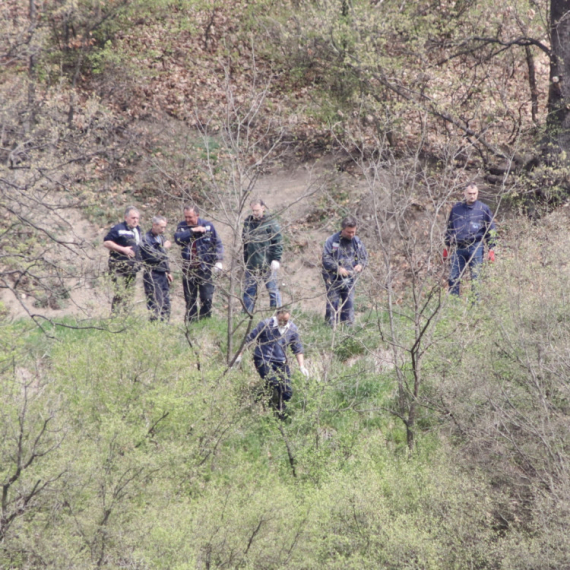


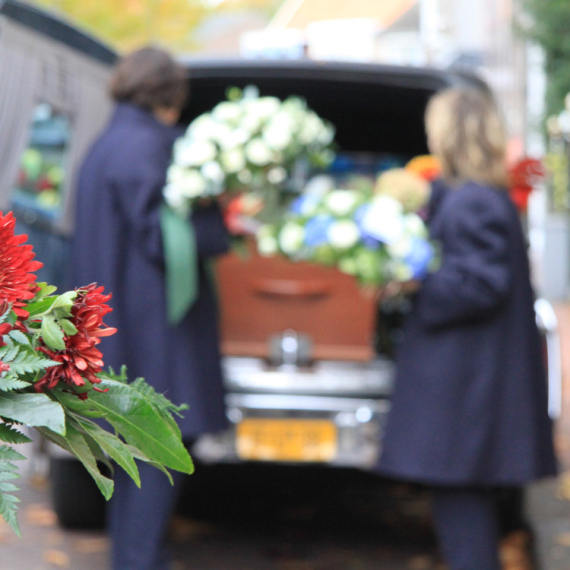





















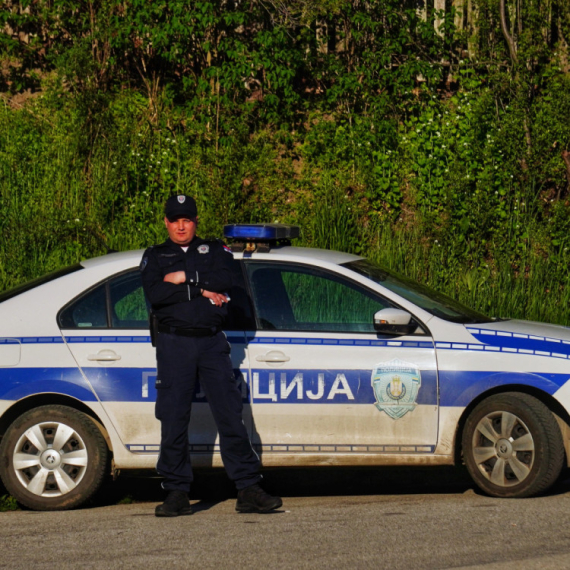




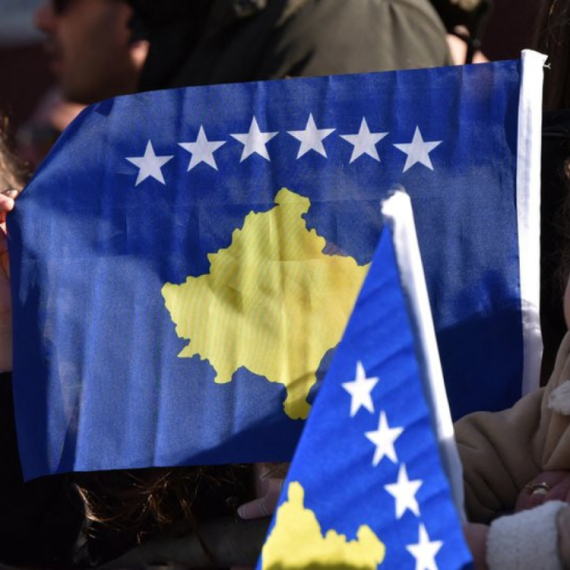





Komentari 20
Pogledaj komentare